The ground battles, which have spread across the mountainous border between Lebanon and Israel, come as the war in Gaza continues and the Israeli government prepares to respond to a missile attack from Iran this week.
US President Joe Biden met with Israeli Prime Minister Benjamin Netanyahu to discuss Israel's plans. The entire Middle East was watching for Israel's response to the missile attack, which Tehran carried out in retaliation for Israel's escalation in Lebanon.
The White House and Prime Minister Netanyahu's office both only reported that the call between the two leaders took place and did not provide further information about the content of the discussion.
In a video posted on Israeli national media, Israeli Defense Minister Yoav Gallant said: "Our attacks will be powerful, precise and most importantly, they will be unexpected. They will not understand what happened and how it happened. They will only see the consequences."
Lebanon's Hezbollah and Gaza's Hamas are part of a network of Iranian-allied armed movements across the Middle East. The Israeli assassination of Hezbollah's leader dealt a serious blow to Iran, but the group has vowed to continue fighting.
Hezbollah said its fighters fired several rockets at Israeli soldiers near the village of Labbouneh in the western Mediterranean border area and repelled Israeli forces there.
In the east, the group said it attacked Israeli soldiers in the village of Maroun el-Ras and fired rockets at Israeli forces moving toward the villages of Mays al-Jabal and Mouhaybib on the border between the two countries.
Videos posted on social media showed three Israeli soldiers raising the blue and white Israeli flag in Maroun el-Ras, the first time the Israeli flag has been raised on Lebanese soil since 1982-2000. Reuters has verified the videos through geographical details.
Amin Sherri, a Hezbollah politician who visited a school used as a shelter for displaced people in Beirut on Wednesday, said in front of reporters that Israeli forces had failed to achieve their military objectives, and that the Israeli flag that was raised in the southern village was only raised for a short time.
Air raid sirens have been repeatedly sounded in northern Israel, including in the port city of Haifa. The Israeli military said about 40 projectiles were launched in a barrage of rockets at Haifa, some of which were intercepted and others fell around the area.
Israeli ambulance workers said two people were killed in the attack on Kiryat Shmona on the border and at least six people in Haifa were injured.
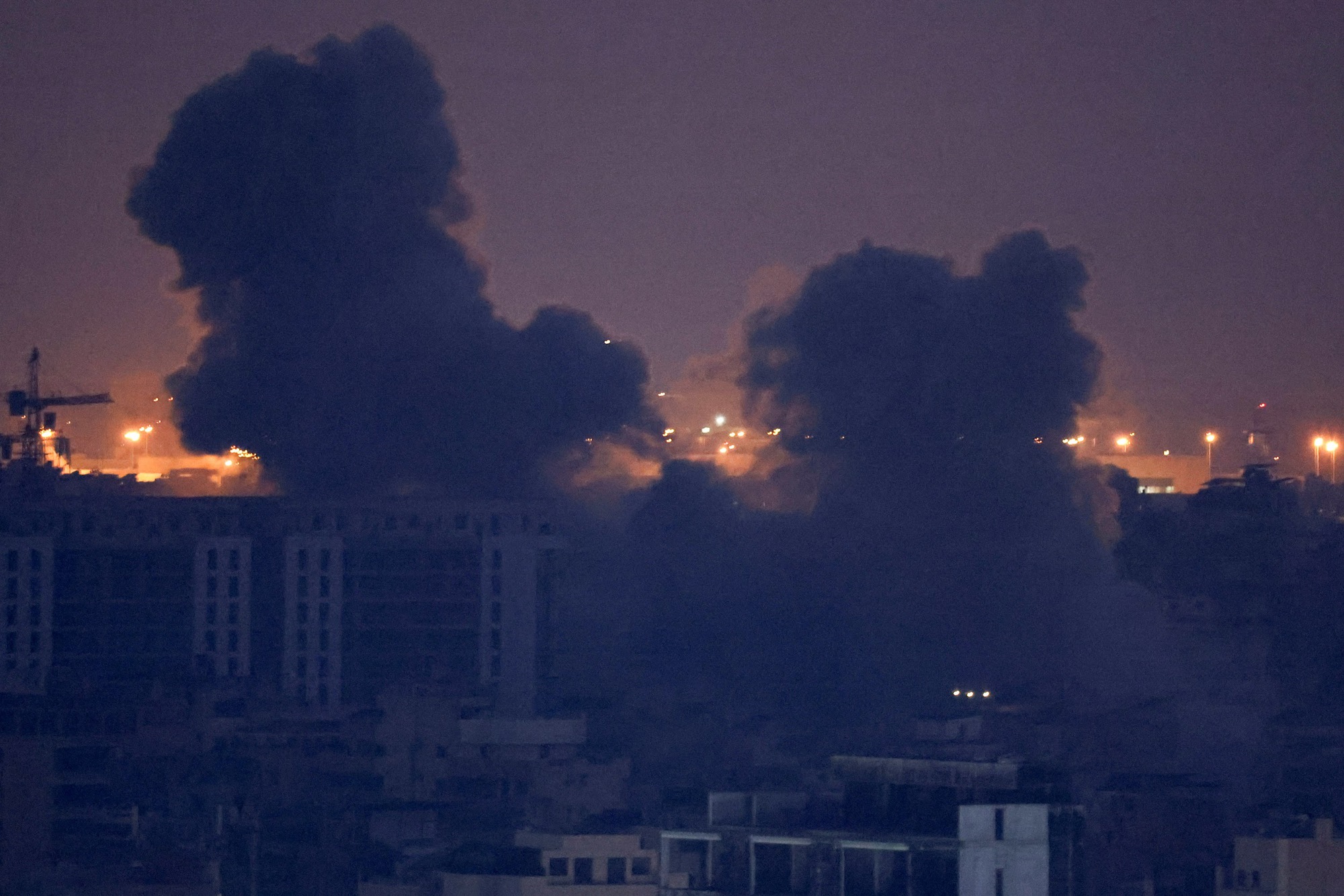
Photo: REUTERS/Mohamed Azakir.
Israel also carried out airstrikes on several targets far from the border conflict zone. The Lebanese health ministry said four people were killed and 10 wounded in an airstrike on the town of Wardaniyeh, north of Sidon along the coast.
Israel's Choice
Some analysts believe that Israel will likely respond to Iran's October 1 missile attack by targeting Iranian military facilities, particularly the ballistic missile production facilities used in the attack. It may also attack Iran's air defense systems and missile launch sites.
Washington has said it will not support plans to attack Iran's nuclear energy infrastructure. Asked on Thursday if he had persuaded Israel not to attack Iran's oil production facilities, he said he would not negotiate publicly on the issue.
Tehran sent a message to Gulf countries, affirming that if these countries allow their airspace or military bases to be used in operations to attack Iran, Iran will consider this action "unacceptable" and warned that these decisions will face a reaction from Tehran.
Saudi Crown Prince Mohammed bin Salman met with Iranian Foreign Minister Abbas Araqchi in Riyadh on Wednesday. Saudi Arabia has made some moves to improve relations with Iran in recent years, but the two sides remain tense. Details of the discussions were not immediately available.
The outcome of the US-Israeli and Saudi-Iranian talks will open a path forward for the year-long conflict in Gaza as well as the recent escalation in Lebanon.
Israel has said that up to four divisions are operating in Lebanon since it announced the operation on October 1. The government has not commented on the possibility of an indefinite presence there.
Israel's bombing of Lebanon has killed more than 2,100 people, most of them in the past two weeks, and displaced 1.2 million. Israel has insisted it had no choice but to attack Hezbollah to ensure Israelis could return to their homes in the north after evacuating the area to avoid Hezbollah fire.
At Beirut port, about 2,000 Turks and their family members waited to be evacuated on ships dispatched by Türkiye.
"We can't take this situation anymore. Lebanon has no future," said Issa Malak, a dual Turkish-Lebanese national.
Nguyen Quang Minh (according to Reuters)
Source: https://www.nguoiduatin.vn/hezbollah-bao-cao-xo-xat-voi-binh-linh-israel-tren-bien-gioi-liban-204241010141521857.htm



![[Photo] Prime Minister Pham Minh Chinh and South African President Matamela Cyril Ramaphosa attend the business forum](https://vphoto.vietnam.vn/thumb/1200x675/vietnam/resource/IMAGE/2025/10/24/1761302295638_dsc-0409-jpg.webp)
![[Photo] Solemn funeral of former Vice Chairman of the Council of Ministers Tran Phuong](https://vphoto.vietnam.vn/thumb/1200x675/vietnam/resource/IMAGE/2025/10/24/1761295093441_tang-le-tran-phuong-1998-4576-jpg.webp)
![[Photo] President Luong Cuong chaired the welcoming ceremony and held talks with United Nations Secretary-General Antonio Guterres](https://vphoto.vietnam.vn/thumb/1200x675/vietnam/resource/IMAGE/2025/10/24/1761304699186_ndo_br_1-jpg.webp)

![[Photo] Prime Minister Pham Minh Chinh chairs conference on breakthrough solutions for social housing development](https://vphoto.vietnam.vn/thumb/1200x675/vietnam/resource/IMAGE/2025/10/24/1761294193033_dsc-0146-7834-jpg.webp)




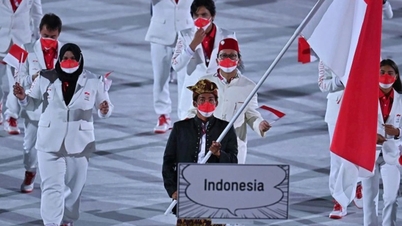





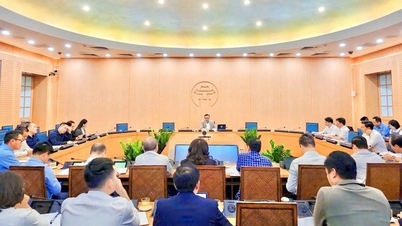




















































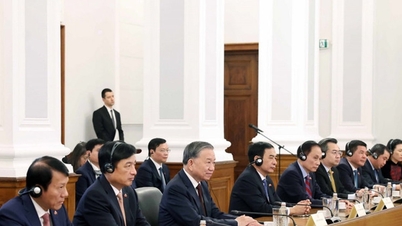

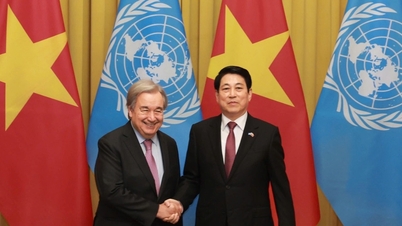

















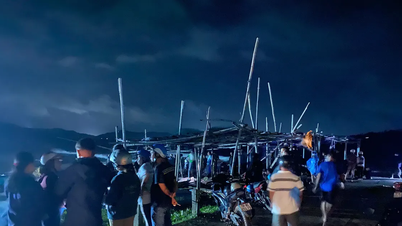


















Comment (0)